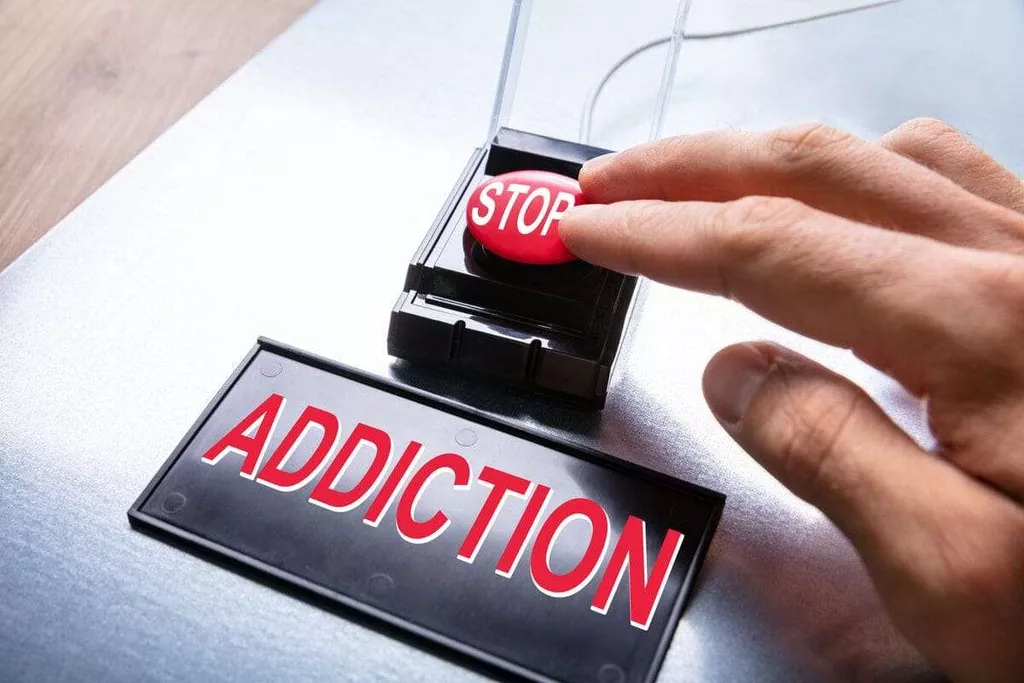
One of the biggest obstacles people face when they are suffering from a substance use disorder are triggers that cause relapses. Dr. Ashish Bhatt, MD explains how to recognize these triggers and avoid relapse. When you are exposed to a potential trigger, the cravings will pass within a few hours if you resist the urge to relapse. Having a plan to get through times when your cravings are triggered will be very helpful in avoiding a relapse. A relapse trigger is a cue that can cause a person in recovery to relapse.
For Loved Ones: How to Support a Loved One’s Mental Health
When someone has a history of any of these issues, being unexpectedly exposed to imagery or content that deals with that history can cause harm or relapse. Triggers can either be positive or negative, although negative triggers can have the most damaging effects. There are common triggers that can lead to frustration, broken relationships, depression, isolation, and in some cases, suicide. Triggers can become a problem if they are frequent, and if one is having difficulty coping because of them. For example, a child who grew up in an abusive household may feel anxious when people argue or fight. Depending on his or her involvement in family conflict, he or she may feel afraid, lash out as a defense mechanism, or distance him or herself from conflict.
Impact of Stress on Recovery
- Find answers to common questions and learn how to get the most out of your membership.
- Sometimes it is impossible to avoid experiencing an emotion, change how you feel, or stop yourself from remembering a certain memory.
- This can create a stable environment that fosters sobriety and minimizes impulsive behaviors.
- Therefore, if you’re in a drug and alcohol recovery stage, this environment can inspire you to feel celebratory and want to participate.
- Whether your triggers are emotional distress or a specific situation, it is essential that you know what compels you to use when trying to lead a life of sobriety.
- A therapist can help you identify and cope with your PTSD triggers in a safe and supportive setting.
Find answers to common questions and learn how to get the most out of your membership. Contact a treatment provider today to find your way to peace and sobriety. Our compassionate drug addiction treatment team is here to answer your questions, provide support, and guide you through the admissions process. We aim to support the widest array of browsers and assistive technologies as possible, so our users can choose the best fitting tools for them, with as few limitations as possible. If you can find alternative routes to your next destination, try to map out your drive. Our team is available 24 hours a day, 7 days a week to answer any questions you may have.

Major Life Changes

During rehab, you’ll also have access to relapse prevention worksheets, which may offer insights. It is important to consider both the internal and external situations you are in as either can become a PTSD trigger after a traumatic event. If you are unable to pinpoint the trigger of your PTSD symptoms, a close family member or friend may be able to help identify triggers.
- Facilities like Ikon Recovery Center offer therapies such as CBT and DBT, which expand on techniques like journaling and help turn insights into practical strategies.
- Comprehensive programs provide the tools needed to handle internal and external triggers effectively 23.
- Many people find themselves reaching for a snack in the late afternoon, not because they’re genuinely hungry, but because it’s become a habitual response to that particular time of day.
- If you or someone you know may need help dealing with triggers, Agape offers an environment focused on recovery.
Types of Triggers
Unfortunately, internal triggers – feelings and moods – can also impact the success of rehabilitation. In order to ensure a happy and long-lasting recovery, addicts must identify both external and internal triggers. Discover a few of the more common triggers to help jump-start the process. A significant amount of people struggling with substance abuse find it difficult to resist relapse triggers. The negative side effects of relapsing after enrolling in drug and alcohol recovery programs is another concern. In recent experiences, drug and alcohol abuse after practicing abstinence, heightens internal triggers examples an individuals chances of overdosing.
Negative Feelings Trigger Relapses
Seeking professional guidance can provide personalized tools and support. Centers like Ikon Recovery Center offer trauma-informed care, specialized therapies, and ongoing assistance to help individuals strengthen their coping skills and refine their plans over time. Tracking emotional patterns and staying consistent with these strategies can make a huge difference. Programs like those at Ikon Recovery Center offer tailored support to help individuals strengthen their ability to handle internal triggers. Addressing these triggers is key for maintaining recovery, as they can appear unexpectedly and require ongoing attention.
These triggers can be difficult to recognize and can completely disrupt a recovery if they lead to relapse. Recognition and avoidance of potentialtriggerswill be a key part of any recovery process. Addiction is a chronic brain disease with high relapse rates, though they are similar to other chronic diseases like diabetes and hypertension. Using drugs or alcohol over a long period builds associations between your daily routine and your experiences. One of the cornerstones of treatment options for addiction recovery is education about triggers and healthy ways to cope with them.

Understanding relapse phases
Family and friends often tempt those in recovery to consume alcohol because they are under the misconception that one deviation from the treatment plan will not be detrimental. People at risk of a relapse should avoid stressful situations that are likely to push them to use drugs and alcohol. Understanding the stages of relapse highlights the importance of recognizing early warning signs.
